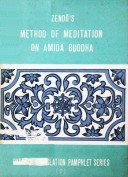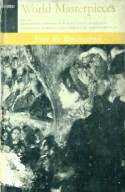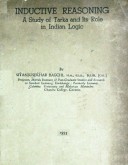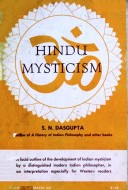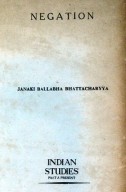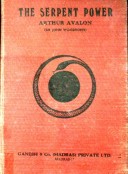Tìm Sách
Sách tiếng Anh-English >> Method of Meditation On Amia Buddha
Thông tin tra cứu
- Tên sách : Method of Meditation On Amia Buddha
- Tác giả : Zendo
- Dịch giả : H. Inagaki
- Ngôn ngữ : Anh
- Số trang : 27
- Nhà xuất bản : Ryukoku University Kyoto-Japan
- Năm xuất bản : 1966
- Phân loại : Sách tiếng Anh-English
- MCB : 1210000003709
- OPAC :
- Tóm tắt :
PREFACE
Zendõ (613-681 A. D.), the author of the original treatise in Chinese, was a celebrated Pure Land master in T’ang China. His name is immortal in the history of Pure Land Buddhism because of his elaborate commentaries on the Meditation Sũtra and the views presented in them on the nature of Amida Buddha and His Pure Land, the connotation of the Name, etc., which indeed gave a new and significant turn to the current of Pure Land thought. Besides the four commentaries on the said sũtra, he composed the following four treatises and gãthãs: Hõji San (full title: Tenkyõ Gyõdõ Gan Õjõ Jõdo Hõji San), Kannen Bõmon, Õjõ Raisan Ge, Hanju San (full title: E Kangyõ Tõ Myõ Hanjuzammai Gyõdõ Õjõ San). There are two main assertions in Zendõ’s doctrine: practice of meditation and that of calling Amida’s Name (‘Namu Amida Butsu’). It is told that he, himself, practiced the meditative method assiduously and attained the Samãdhi of perceiving Amida and His Land, while he urged men to utter the Nembutsu and recite the Amida Sũtra many times. Considering, however, the fact that he established what is called the ‘Five Right Practices’ and specifically designated the Nembutsu practice as the Practice of Right Assurance, his emphasis on the Nembutsu practice is obvious (cf. Kyõ Gyõ Shin Shõ, p. 173). The reader will find in this booklet the stringent discipline required in the meditation which he would least expect in the apparently easy-going way of practice for Birth in the Pure Land.
The translation published here is that of the first part of the Kannen Bõmon, (Taishõ Tripitaka, ILVII, pp. 22b-24c), the second and third parts being the exposition on the five dominant factors of our salvation and the encouragement of the meditative method, respectively. After the English translation, technical terms and references are noted. At the end of the booklet the Japanese transcription of the original is supplied for the convenience of Japanese students. The paragraph number will help them to find the corresponding parts in Chinese and English.
In materializing the present publication, I thank the head of the Department of Shin Buddhism for kindly allowing me to reproduce the translation which appeared in the recent issue of the Journal of Shin Buddhism. My thanks are also due to the steering committee of the Translation Center for the decision they made on the publication of the translation together with the Japanese transcription of the original and notes. Lastly, I express my gratitude to the members of the Translation Center for helping me in the final draft.
April, 1966
H. Inagaki
 Facebook
Facebook
 Google
Google
 Google+
Google+
